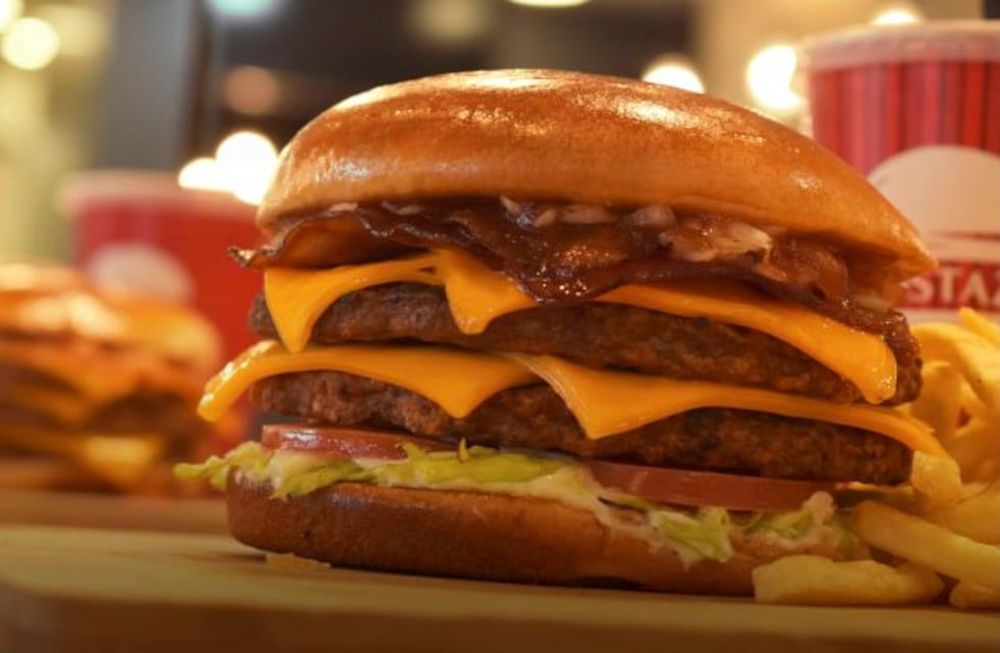Franchises in Argentina: Which companies and businesses are best to invest in with low capital?

Starting a business with an established brand is an increasingly common strategy in Argentina. The franchise system allows small and medium-sized investors to start a profitable business without starting from scratch, gaining access to standardized processes, ongoing support, and proven business models.
In Argentina , franchises are available from $30,000 to $70,000, according to information compiled by IProfesional . This investment range opens the door to high-turnover businesses in sectors such as gastronomy , beauty , technology , and retail.
Among the most attractive options within the low- investment segment are specialty coffee shops . Models such as Cafesés de Especialidad , Niño Lobo , or Gota Café combine thoughtful design, daily ticketing, and urban consumption in small spaces, allowing for a quick return on investment. This type of business typically thrives in areas with pedestrian traffic, close to offices, universities, or coworking spaces.
"Proffee": Mixing coffee with protein powder—why do it?

Illustrative image / Web
Another established alternative is fast food , with offerings like Tienda de Empanadas or Churros Marion , which operate with affordable prices, high turnover, and commonly consumed products. These establishments don't require large spaces or specialized staff, which reduces operating costs and speeds up the return on investment.
In the beauty industry, Nikki Beauty Bar offers nail salons and personal care services with a modern look and fully standardized processes. Its focus is on both beginners with no technical experience and investors interested in expanding their business with more than one unit.
There's also room for non-food offerings that offer promising prospects. This is the case with Pirka , which specializes in the marketing and installation of moisture-proof panels and coatings. Its model operates as a showroom, with no perishable products and low staffing requirements, which facilitates operations in medium-sized cities.
In the technology and accessories sector, brands like Tune and Gofix offer cell phone sales and repair locations that consistently attract high demand. These businesses require a small footprint and simple operational management, ideal for those seeking a practical model with the potential to expand.
There are even more compact formats, such as the Oreiro Love shelves , focused on selling fashion accessories, which require a lower initial investment and operate in high-traffic spaces, such as shopping malls or stations.
How to choose a franchise well and avoid common mistakesWhen selecting a franchise , it's not enough to consider the industry or the initial value. The choice of location is crucial. For a business to succeed, it's key to locate it in an area where the audience matches the brand's profile. For example, a café with a youthful aesthetic needs a presence near university campuses or cultural venues, while an accessories store may perform better in established shopping centers.
Gastronomy is the sector that has historically had the greatest prevalence of franchises (for example, international fast-food restaurants) and was precisely one of the hardest hit by restrictions.

The format of the premises , the required square footage, and commercial visibility also directly impact results. Businesses such as cafes or fast food outlets can operate in spaces between 30 and 70 m², while more complex offerings, such as event halls, require larger areas and higher initial capital.
Another key point is operational management . It's often a mistake to think that a franchise operates on its own. However, even if the model is proven, it requires daily monitoring, cash control, inventory management, and customer service. Sustained profitability is only possible if the standards defined by the brand are met and the customer experience is consistent.
Finally, when signing the franchise agreement , it's important to review the terms of territorial exclusivity, the duration of the contract, renewals, and what's included in the initial investment (equipment, training, and support during the opening). Choosing a brand with support, ongoing monitoring, and training can make the difference between success and stagnation.
losandes





